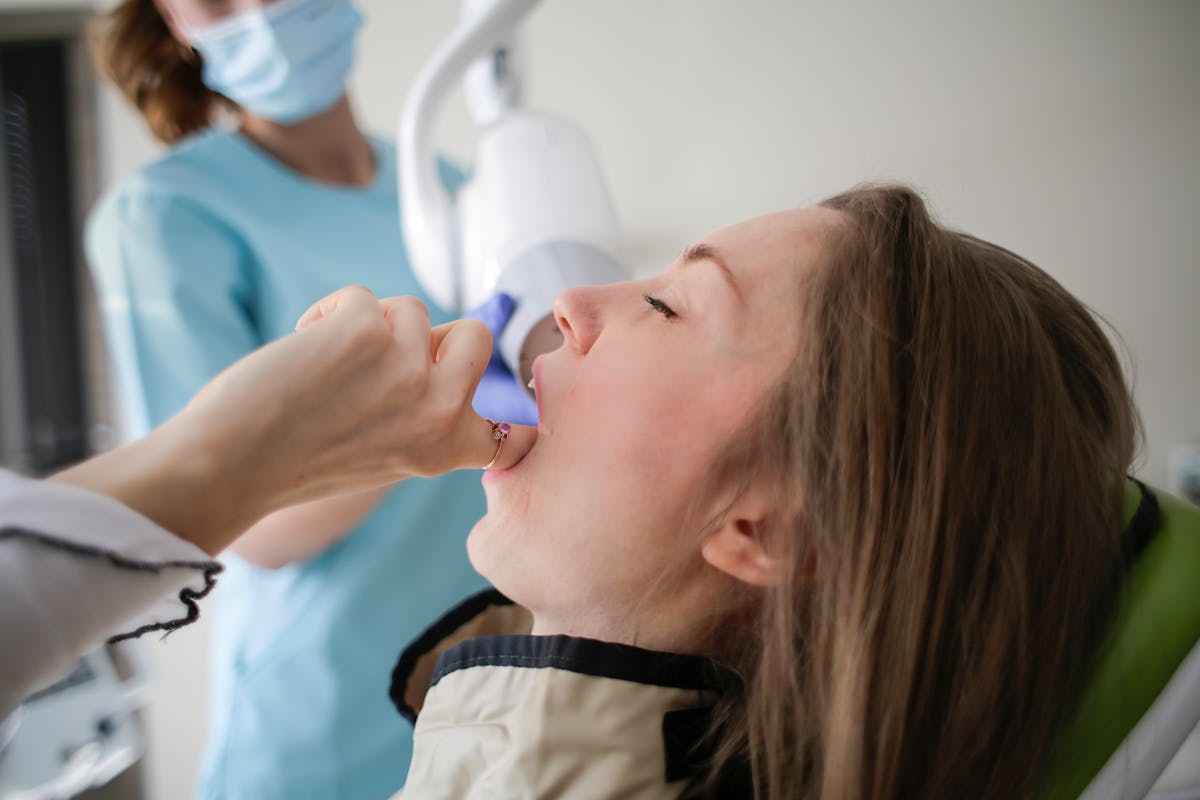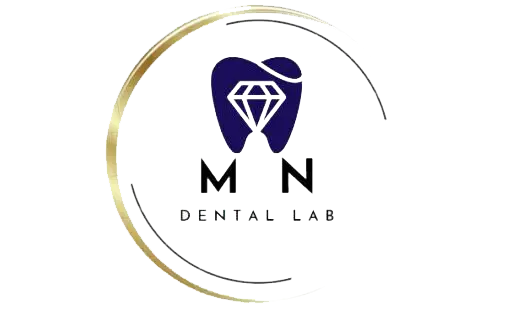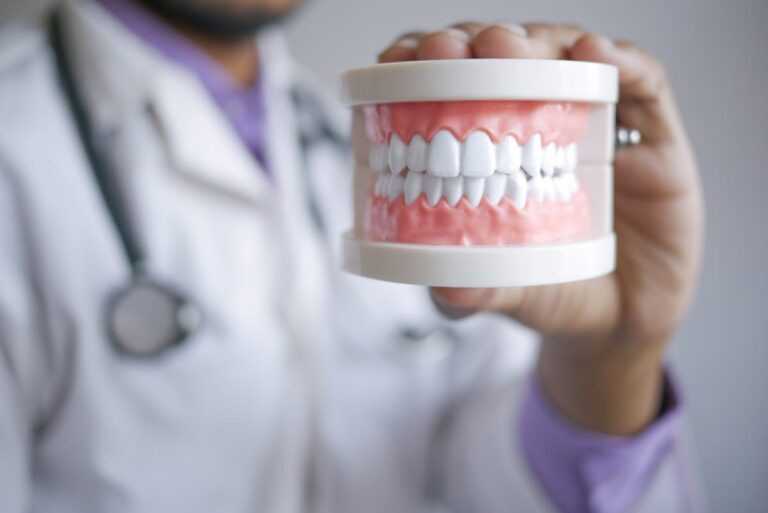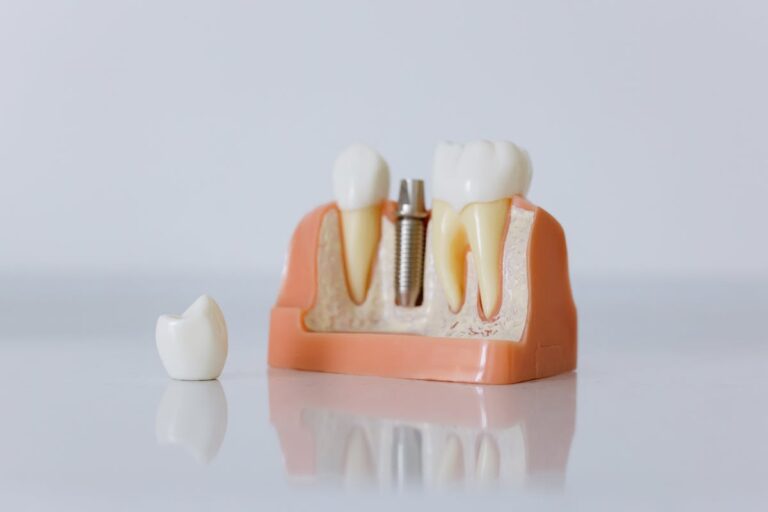Before starting a dental implant procedure in Reno, it is essential to understand the steps for best preparation. This involves selecting a qualified dental professional and participating in a thorough pre-surgery consultation. Additionally, managing anxiety and readying the body through nutrition and exercise are important components. Arranging post-operative care and transportation are also key considerations. By addressing these factors, patients can enhance their readiness for the procedure, setting the stage for a successful outcome.
Understanding the Dental Implant Procedure
Understanding the dental implant procedure is essential for individuals considering this restorative option. Dental implants are a sophisticated solution for replacing missing teeth and come in various types, including endosteal and subperiosteal implants. Endosteal implants, the most common type, involve embedding the implant directly into the jawbone, whereas subperiosteal implants are placed under the gum but above the jawbone. The procedure generally starts with a thorough evaluation, followed by the surgical insertion of the implant. This is a multi-stage process that may span several months. The recovery timeline varies based on individual cases, but typically includes a healing period of three to six months for osseointegration, where the implant fuses with the jawbone, followed by the placement of the final prosthetic tooth.
Choosing the Right Dental Professional in Reno
Selecting an appropriate dental professional in Reno is a key step in ensuring a successful dental implant procedure. The process begins with finding qualified specialists who possess the necessary credentials and expertise in implant dentistry. For those looking to get dental implants in Reno, prospective patients should verify the dental professional’s certifications, experience, and any affiliations with reputable dental organizations. A thorough examination of a specialist’s background can provide insight into their proficiency and reliability.
Researching patient reviews is another vital element in the selection process. These reviews offer firsthand accounts of previous patients’ experiences, providing valuable information on the specialist’s competence and patient care. Consistently positive reviews can indicate a reliable practitioner, while negative feedback may raise red flags. By meticulously evaluating qualifications and reviews, individuals can make informed decisions when choosing their dental implant specialist in Reno.
Pre-Surgery Consultation and Questions to Ask
During the pre-surgery consultation for a dental implant procedure, it is essential for patients to ask targeted questions to fully comprehend the process. Key questions should address the specifics of the procedure, recovery timeline, and potential risks involved. Understanding these details allows patients to make informed decisions and prepare adequately for their dental implant surgery.
Essential Consultation Questions
Before proceeding with a dental implant procedure, patients should engage in a thorough pre-surgery consultation, during which they can gather essential information by asking pertinent questions. It is vital for patients to inquire about the implant benefits, which include improved oral function and enhanced aesthetic appeal. Understanding the recovery timeline is equally important, as it allows patients to plan their post-operative care effectively. They should ask about the expected duration for healing and any activities that may need to be temporarily restricted. Additionally, patients should discuss any potential risks and complications associated with the procedure. Clarifying these aspects will help manage expectations and guarantee a smoother recovery process. The consultation should also cover pre-operative preparations and necessary lifestyle adjustments.
Understanding Procedure Details
To fully understand the intricacies of a dental implant procedure, patients should meticulously examine each component of the surgical process during the pre-surgery consultation. This involves gaining clarity on different implant types, such as endosteal or subperiosteal, to determine which best suits their dental needs. Patients are advised to inquire about the surgeon’s experience with each type to assess competency and expertise.
Additionally, understanding the recovery timeline is essential for planning post-operative care. Patients should ask about the expected duration of healing and potential factors that might influence it, such as bone density or overall health. This knowledge assists in setting realistic expectations and organizing necessary accommodations during recovery. Thorough exploration of these aspects guarantees informed decision-making and ideal surgical outcomes.
Managing Anxiety and Stress Before the Procedure
Although dental implant procedures are typically routine, they can evoke anxiety and stress in patients, necessitating effective management strategies. Implementing deep breathing exercises can greatly reduce physiological stress responses by promoting relaxation and oxygenation. Patients should inhale deeply through the nose, hold for a few seconds, and exhale slowly through the mouth. Additionally, mindfulness techniques, such as focusing on the present moment without judgment, can help mitigate anticipatory anxiety. Engaging in brief meditation sessions or guided imagery can redirect attention from procedural concerns. Cognitive-behavioral strategies can further aid in reframing negative thoughts associated with dental procedures. Consultation with mental health professionals can provide personalized coping mechanisms. These approaches collectively enhance psychological readiness, ensuring a calmer experience before the dental implant procedure.

Preparing Your Body for Surgery
A successful dental implant procedure begins with ideal physical preparation, ensuring the body is in its best condition to facilitate healing and recovery. Proper nutrition plays a pivotal role. Patients should consume a balanced diet rich in vitamins, minerals, and proteins to support tissue repair and immune function. Incorporating foods high in vitamin C and zinc can enhance healing processes. Additionally, maintaining a regular exercise regimen boosts circulation and overall physical resilience. Exercise recommendations include moderate activities such as walking or cycling, which improve cardiovascular health without overexertion. It is essential to avoid any strenuous activities that might cause injury in the weeks leading up to surgery. Consistent adherence to these nutrition tips and exercise recommendations can optimize surgical outcomes.
Arranging Transportation and Support
When considering the logistics of a dental implant procedure, how should one effectively plan for transportation and post-operative support? Patients must evaluate transportation options, as driving post-surgery is not advisable due to anesthesia effects. Coordinating with a reliable support network is vital; enlisting a family member or friend to provide a ride guarantees safety and compliance with medical guidelines. Additionally, the support network should remain available for assistance during the initial recovery phase, which may involve managing medication schedules and monitoring any post-operative symptoms. Public transportation or rideshare services can serve as alternative transportation options if personal support is unavailable. Thorough pre-procedure planning, involving both transportation and support, is essential for a smooth surgical experience and peak recovery outcomes.
Setting Up a Comfortable Recovery Space
Creating a conducive recovery environment is essential for patients undergoing a dental implant procedure. To guarantee ideal healing, patients should prepare a designated space equipped with recovery essentials and comfort items. This area should include a recliner or adjustable bed to maintain proper head elevation, reducing swelling and enhancing comfort. Soft pillows and blankets serve as additional comfort items that promote relaxation.
Recovery essentials include easy access to prescribed medications and a supply of soft foods, facilitating nourishment without strain on the surgical site. A nearby table should hold water, tissues, and any necessary electronics for communication or entertainment. Making sure the area is quiet and free from disruptions aids in stress reduction, thereby promoting a smooth and efficient recovery process.
Knowing What to Expect on the Day of Surgery
On the day of surgery, patients should arrive at the dental office with time to complete any necessary paperwork and consult with the surgical team. The dental implant procedure typically involves a series of steps, including local anesthesia administration, incision in the gum tissue, and precise insertion of the implant into the jawbone. Understanding these steps can help patients manage expectations and guarantee a smooth surgical experience.
Arriving at Dental Office
Upon arriving at the dental office for a dental implant procedure, patients should anticipate a structured and methodical check-in process. The arrival protocol typically involves verifying appointment details and presenting identification and insurance information. Patients are advised to arrive early to accommodate any unforeseen delays and guarantee a smooth check-in. Office etiquette requires turning off mobile devices to maintain a calm and professional environment. Patients should note the importance of adhering to any pre-procedure instructions given by the dental team, such as avoiding food or drink, which is vital for the success of the procedure. Following these guidelines guarantees that the dental team can focus on delivering ideal care and enhances overall patient experience during their visit.
Surgical Procedure Overview
Many patients find that understanding the surgical procedure for a dental implant can alleviate anxiety and foster a sense of preparedness. The procedure typically begins with the administration of anesthesia options, which may include local anesthesia or sedation based on the patient’s needs and the complexity of the procedure. Once the patient is anesthetized, the oral surgeon employs precise surgical techniques to make an incision in the gum tissue, exposing the jawbone. A specialized drill is then used to create an osteotomy, a small hole in the bone where the titanium implant post is placed. The implant is positioned securely, and the gum tissue is sutured to facilitate healing. Post-operative instructions are provided to guarantee the best recovery and implant success.
Planning for Post-Surgery Care and Follow-Up Appointments
Effective planning for post-surgery care and follow-up appointments is fundamental to guaranteeing a successful recovery after a dental implant procedure. Post-surgery care involves adhering to a specific post-surgery diet that accommodates healing tissues and minimizes irritation. Soft foods such as yogurt, mashed potatoes, and smoothies are recommended in the initial days following surgery. Pain management is another significant aspect, typically involving prescribed medication to alleviate discomfort and reduce inflammation. Patients should strictly follow the dentist’s guidance on medication dosage and frequency. Scheduling follow-up appointments is essential for monitoring the implant’s integration and identifying any complications early. These appointments allow for professional assessment of healing progress and guarantee that the implant remains stable, promoting long-term oral health.
Frequently Asked Questions
What Dietary Restrictions Should I Follow Before the Dental Implant Procedure?
Before a dental implant procedure, patients should adhere to soft foods, ensuring easier digestion and minimal discomfort. Hydration tips include drinking water frequently to maintain ideal oral moisture and enhance healing, while avoiding caffeinated and alcoholic beverages.
Are There Any Specific Medications to Avoid Prior to the Surgery?
Patients should discontinue blood thinners and certain herbal supplements, such as ginkgo biloba and St. John’s Wort, prior to surgery. These substances can increase bleeding risk. Consultation with a healthcare provider is essential for personalized medication guidance.
How Long Does the Entire Dental Implant Process Typically Take From Start to Finish?
The dental implant process generally spans several months, consisting of multiple implant stages. The healing timeline varies, with osseointegration taking three to six months, followed by abutment and crown placement, totaling approximately six to nine months overall.
Can I Continue My Regular Exercise Routine Leading up to the Procedure?
Before the procedure, individuals should consider exercise modifications to guarantee ideal pre-surgery stamina. Light, low-impact activities are advisable, as they help maintain fitness without overexertion, reducing potential complications and promoting a smoother recovery post-implantation.
Will I Need to Take Time off Work for the Initial Consultation and Surgery?
The initial consultation typically requires minimal time off work, while surgery duration may necessitate taking at least one full day off. Recovery time varies, often requiring additional days off for healing and adjustment post-surgery.



